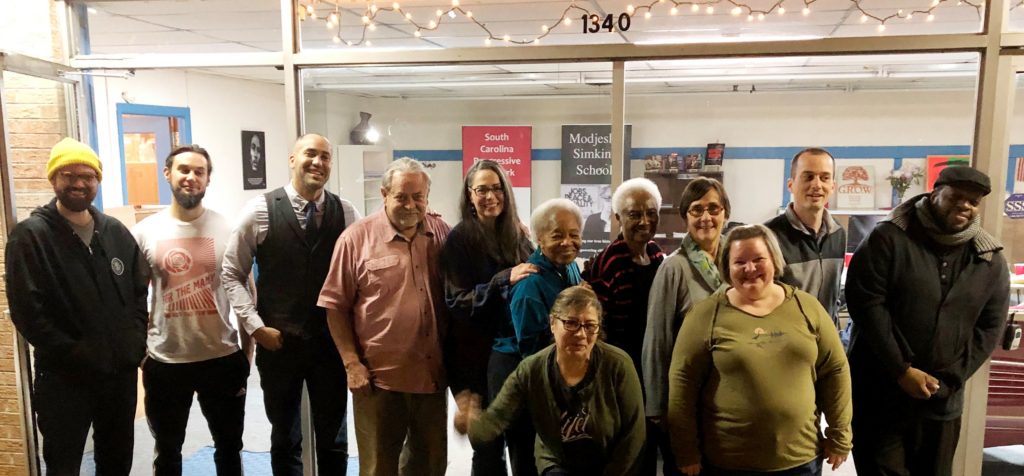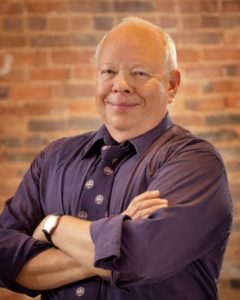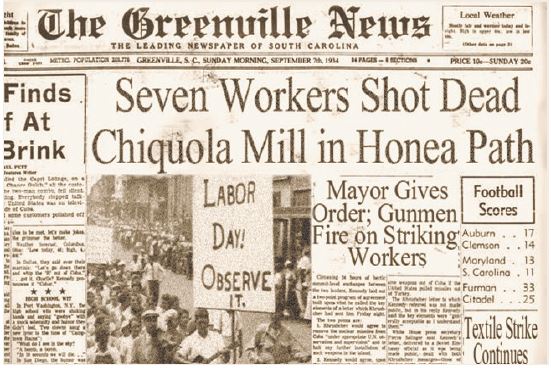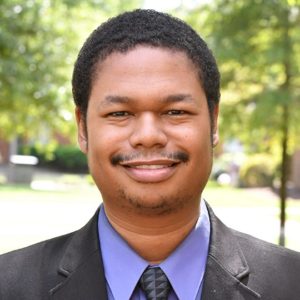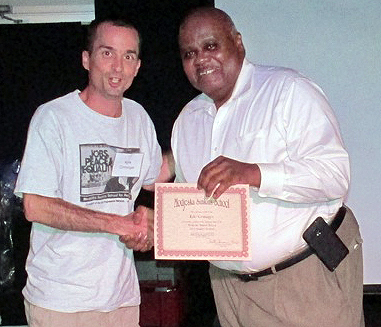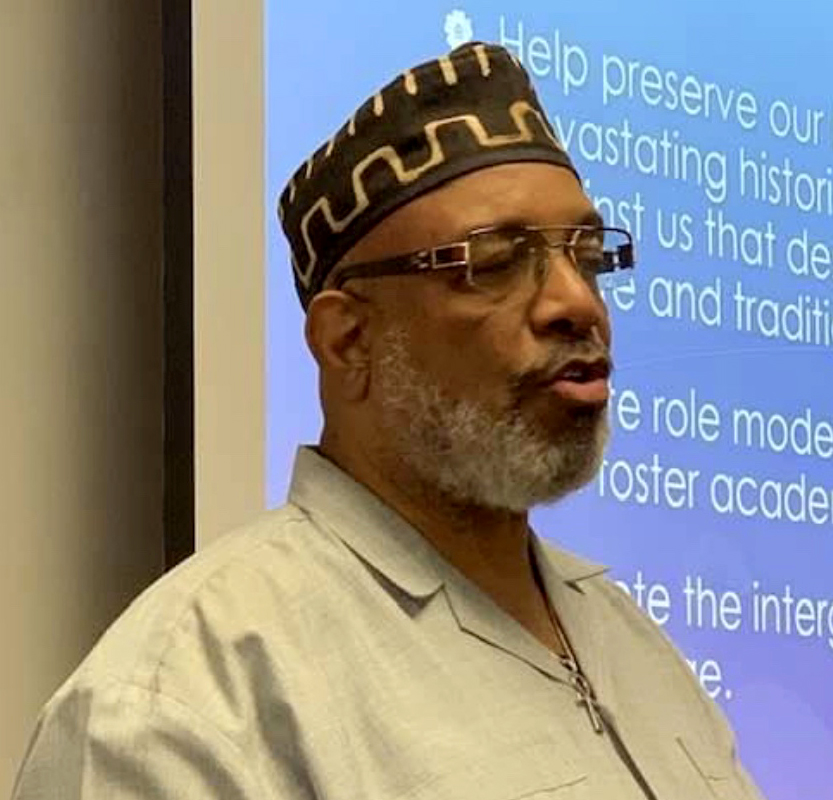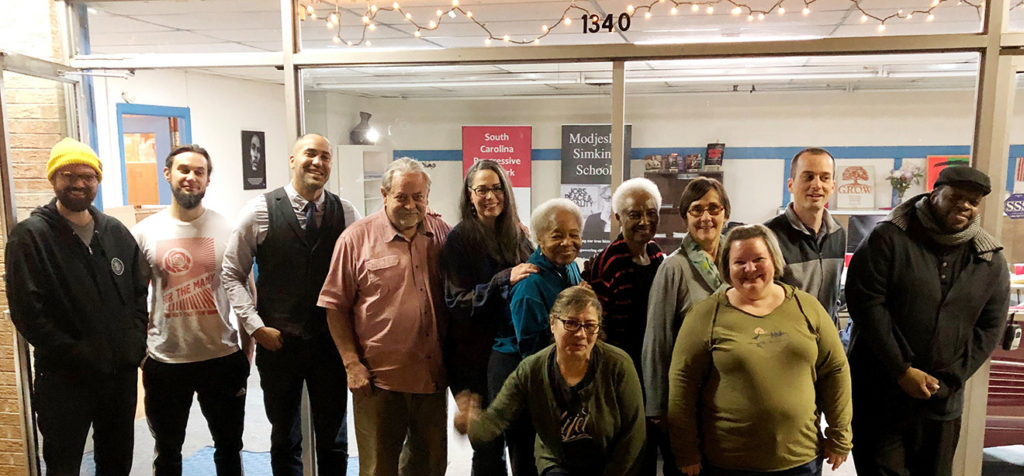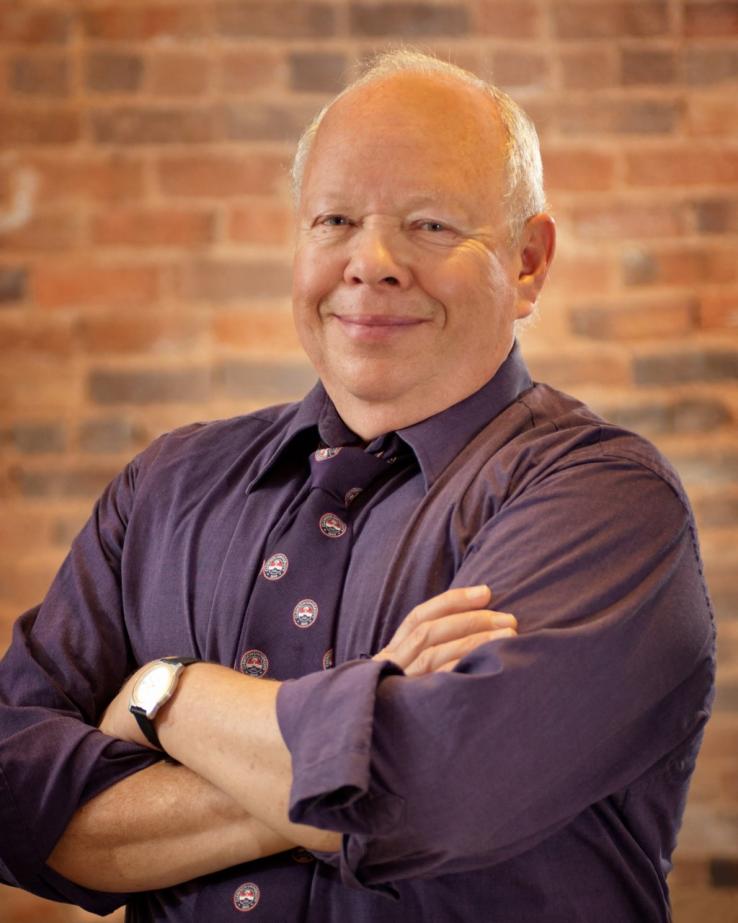
The authors of the recently released Justice Deferred: Race and the Supreme Court, will lead a seminar March 27 at 4pm on Zoom. The session is part of the Modjeska Simkins School’s public series. The recent book from Harvard University Press is the first comprehensive accounting of the U.S. Supreme Court’s race-related jurisprudence and a legal legacy too often blighted by racial injustice.
Participants must register in advance HERE.
Written by distinguished historian Vernon Burton and renowned civil rights lawyer Armand Derfner, the book is a timely rejoinder to the latest racial dog-whistles emanating from the SC State House. Manufactured outrage that a Critical Race Theory is making white children feel guilty for the sins of their ancestors has spawned legislation and inflamed school board fights across the country and here in the Palmetto State. Bills mandating a curriculum that denies the racist elements in our state and national constitutions are reminiscent of the 1925 arrest of John Scopes, the high school teacher who dared to teach evolution.
Burton and Derfner highlight South Carolina court rulings that made their way to the US Supreme Court and forced changes in race relations.
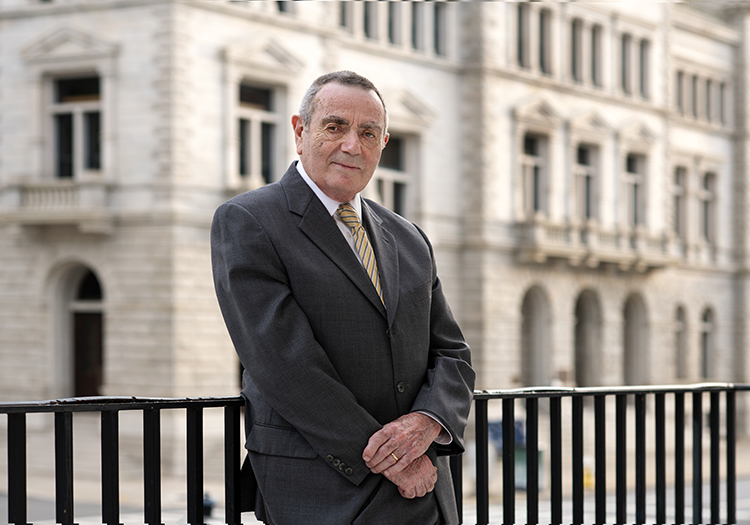
Armand Derfner, a graduate of Princeton University and Yale Law School, has been a civil rights lawyer for more than 50 years, helping shape the Voting Rights Act in a series of major Supreme Court cases and working with Congress to help draft voting rights and other civil rights laws. He has presented arguments at the US Supreme Court and won, five times. He started his legal career in Mississippi in the 1960s and has been practicing law in Charleston for the past 50 years.
“One thing I have learned, and this applies in South Carolina as much as anywhere, is that almost everything boils down to race. This is not surprising, since African Americans have been in this country for about 16 generations. For 14 of them, the relationship between white and Black people was based on slavery and Jim Crow,” he told the Post & Courier in 2020.
“Sometimes people say I’m overdoing it, but after we talk a little, they often start nodding their heads in agreement. The bottom line is that even though most of us are trying hard to overcome the past, it will take a lot longer and a lot of mutual understanding. But if we can overcome the past, we’ll see we are all on the sameteam and, as President Kennedy liked to say, ‘a rising tide lifts all boats.’”
Burton knocked on Modjeska Simkins’ door at 2025 Marion St. in Columbia in 1974. He wanted to interview her for South Carolina insights to include in the PhD. dissertation on Reconstruction he was working on at Princeton. When she discovered he didn’t have accommodations, she invited him to be her guest for the next couple of weeks.
Dr. Burton is now the inaugural Judge Matthew J. Perry Distinguished Chair of History and Professor of Pan-African Studies, Sociology and Anthropology at Clemson University.
Burton has written more than 100 articles, and penned or edited 14 books. His books include In My Father’s House Are Many Mansions: Family and Community in Edgefield, South Carolina that was the subject of sessions at the Southern Historical Association and the Social Science History Association’s annual meetings. It was also submitted for a Pulitzer. He also wrote The Age of Lincoln, winner of the 2007 Chicago Tribune Heartland Prize for non-fiction.
In his Gettysburg Address, Abraham Lincoln promised that the nation’s sacrifices during the Civil War would lead to a “new birth of freedom.” Lincoln’s Unfinished Work analyzes how the United States has tried to realize—or subvert—that promise over the past century and a half. His 2014 book Penn Center: A History Preserved, captures the 156-year history of Penn’s role in the long struggle for equality at the still vibrant location of the 1996 founding of SC Progressive Network.
Burton was born in Georgia, and grew up in Ninety Six, South Carolina. He earned a B.A. in 1969 for his undergraduate studies at Furman University,and received his Ph.D. in 1976 in American History from Princeton.
Justice Deferred is available at Harvard University Press.
Participants must register in advance HERE.

